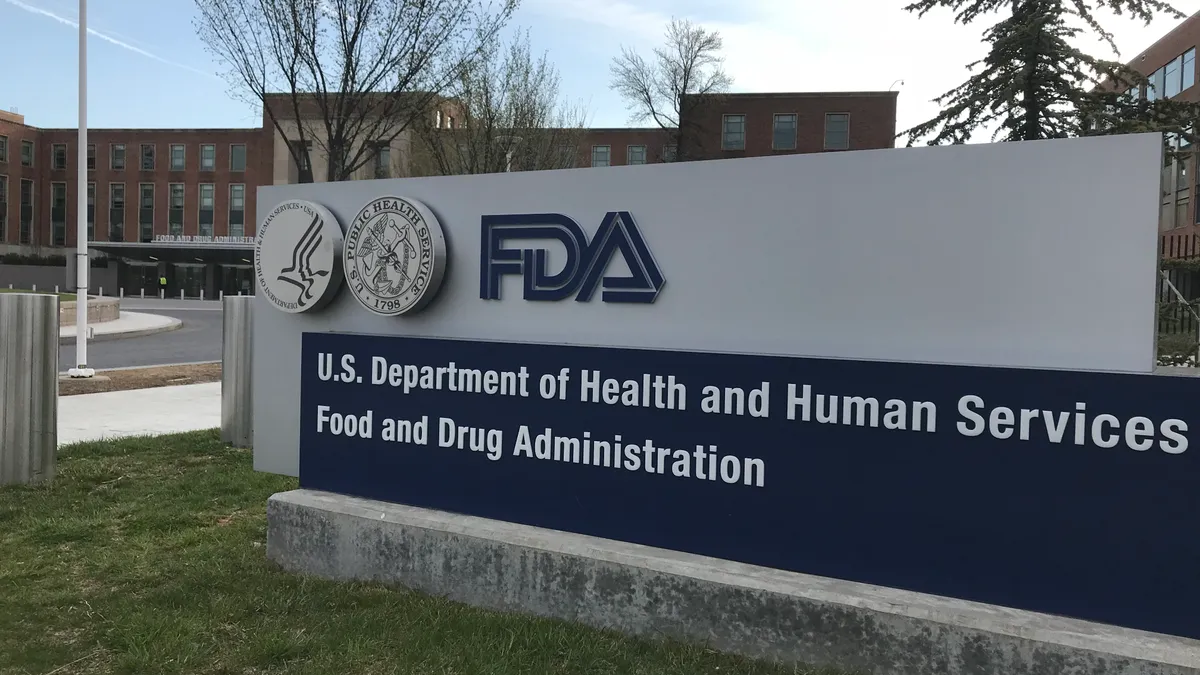Dive Brief:
-
Prescient Metabiomics has received FDA breakthrough status for its non-invasive colorectal cancer test, the company said Wednesday.
-
The test, called LifeKit Prevent, identifies microbial DNA and RNA biomarkers associated with the new, abnormal growth of tissue in the gastrointestinal tract.
-
By detecting these changes in the microbiome, Prescient says it can identify patients with precancerous polyps and early stage carcinomas, resulting in more people getting treated before the disease progresses.
Dive Insight:
The need to identify colorectal cancer patients sooner is evident in data cited by Prescient from HHS’ Surveillance, Epidemiology and End Results program. Colorectal cancer causes more than 50,000 deaths a year. The data show 60% of colorectal cancer patients have stage 3 or 4 disease by the time they are diagnosed, reducing their survival chances.
Those late diagnoses stem from the failure of almost half the people eligible for screening to undergo testing. More cancers are detected at the precancerous polyp stage than in the past, but there is still a need for improved screening.
Prescient's test analyzes stool samples for signs of the disruption to the microbiome that occurs during the growth of precancerous polyps and tumors. The test, which Prescient developed through a 2018 deal with Metabiomics, uses next-generation sequencing to test for microbial DNA and RNA.
If the test comes to market next year as Prescient plans, the company’s goal is to establish it as the first step in the process of detecting the early stages of colorectal cancer. Patients who test positive on LifeKit Prevent will undergo diagnostic colonoscopy and, if needed, polypectomy to confirm the presence of growths and remove them before they turn cancerous.
Metabiomics has published data to support its belief in the concept's potential.
One early study of the test, published in 2017, reported false positive and negative rates of just over 10%. The data led Metabiomics to commit to efforts to improve the performance of the model.
Prescient’s receipt of the FDA breakthrough status mean the company will benefit from additional agency input as it takes the final steps in the development of the test. If Prescient gets the test to market, it will face competition on multiple fronts. Exact Sciences markets another test of stool DNA, Cologuard, and an older test for blood in fecal samples is still in use.











